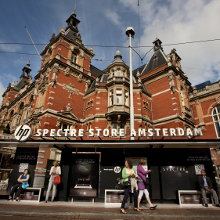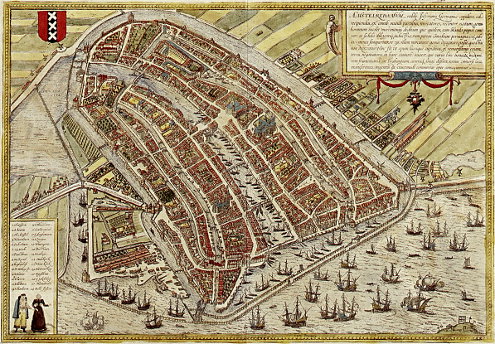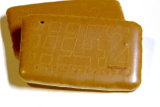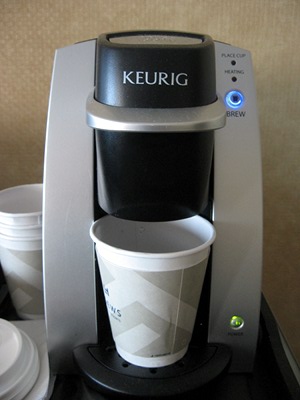 Hardly any Dutch website adheres to the new cookie law that came into force last Tuesday, online tech mag Webwereld reports.
Hardly any Dutch website adheres to the new cookie law that came into force last Tuesday, online tech mag Webwereld reports.
The law, which is a strict implementation of the EU cookie directive, aims to protect website visitors’ privacy by making tracking illegal. Tracking is a way of building a profile of you and your likes by monitoring which websites you visit. This profile can then be used to tailor advertisements to your tastes, or for far more heinous purposes.
Among the larger sites only De Telegraaf has put up a banner informing visitors that it uses cookies, and that they can opt out. As Webwereld points out the banner is not in compliance with the law, which states that website owners must explicitly ask permission for every tracking cookie a site uses.
Enforcement agency OPTA says it is not their job to determine the contours of the law. “We expect the market to take care of that.” The agency told Webwereld it will start enforcing the law right away, but will first focus on “sites with dangerous cookies, and sites with cookies that are hard to remove.”
Arnoud Engelfriet points out that even the government is still serving cookies without permission at rijksoverheid.nl.
24 Oranges is currently looking at its cookie use and responsibilities before the law. As you may gather from the above article, this matter is more complex than it seems at first sight, so apologies for the delay.
In the meantime if you’re worried about your privacy—as you should—consider disabling third-party cookies in your browser and installing ad blockers. Neither method is perfect as far as I know.
(Screenshot: the Telegraaf cookie banner)


 Consumer watchdog Consumentenbond has compared two types of broadband Internet in the latest issue of its magazine Digitaalgids, and concluded that cable and fibre optic are equals.
Consumer watchdog Consumentenbond has compared two types of broadband Internet in the latest issue of its magazine Digitaalgids, and concluded that cable and fibre optic are equals.  Two students of the Eindhoven University of Technology have discovered that the least safe code for your bank card (PIN) is 2580.
Two students of the Eindhoven University of Technology have discovered that the least safe code for your bank card (PIN) is 2580. A little unexpected guerilla action from staid and stoic Hewlett-Packard at the Leidseplein in Amsterdam—in a tram stop just across
A little unexpected guerilla action from staid and stoic Hewlett-Packard at the Leidseplein in Amsterdam—in a tram stop just across 


 Maxime Verhagen, Minister of Economic Affairs, has written a letter to evangelical Internet access provider Solcon that their filtering system does not run afoul of the Dutch net neutrality law that was recently passed by the Senate.
Maxime Verhagen, Minister of Economic Affairs, has written a letter to evangelical Internet access provider Solcon that their filtering system does not run afoul of the Dutch net neutrality law that was recently passed by the Senate. 

 Hardly any Dutch website adheres to the new cookie law that came into force last Tuesday, online tech mag
Hardly any Dutch website adheres to the new cookie law that came into force last Tuesday, online tech mag